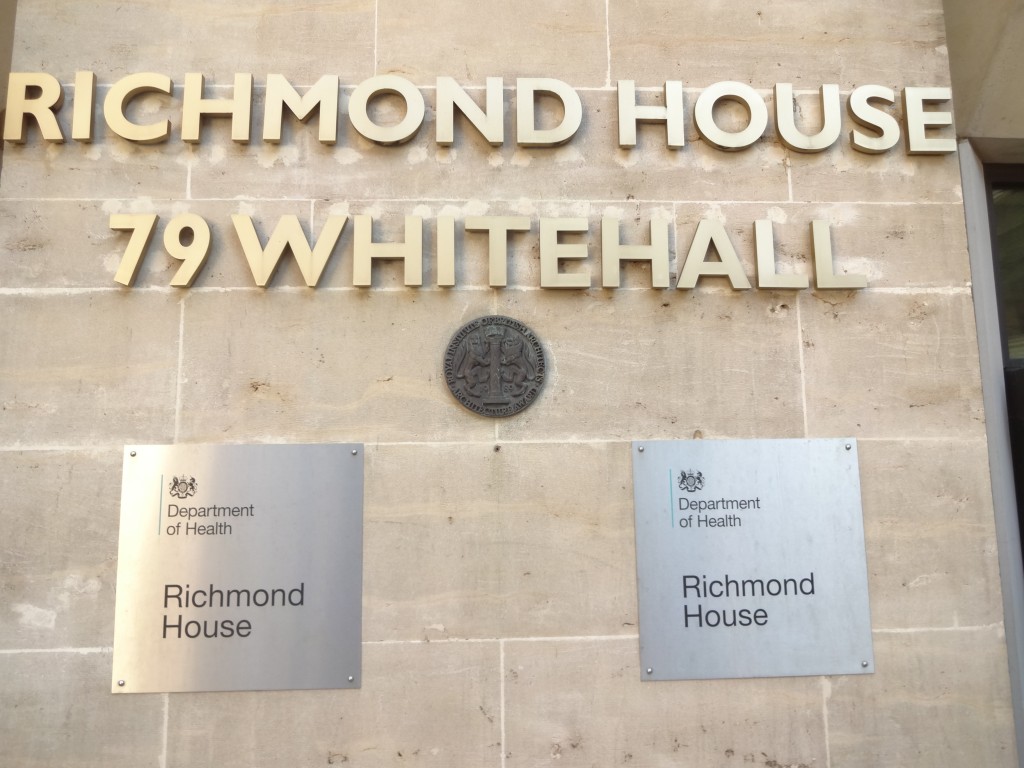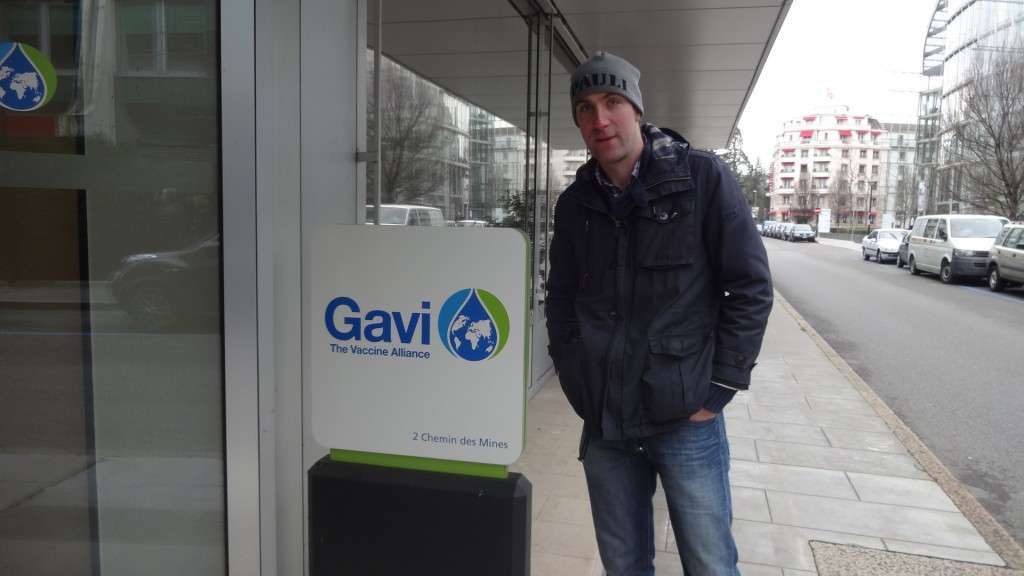Student Research: Pharma Industry Response to the Ebola Crisis
by Kai-Moritz Keller (MALD 2016)
The 2014/15 Ebola crisis in West Africa triggered many extraordinary responses, one of the most outstanding was the public-private quest to develop a vaccine. The Ebola vaccine program is so remarkable because it marks a rare example for a successful public-private partnership in the Global Health roam and also because the various actors involved managed to pull off processes that usually take many years in only months.

With generous support from the IBGC, I had the opportunity to interview and meet with a number of actors from industry, different governments, International Organizations, and foundations and trusts to develop a clearer picture of what exact role each group played in the quest for a vaccine and what dynamics truly moved the needle. Traveling through Switzerland, Germany, and the United Kingdom I gained terrific insights and returned with many more questions than I had when I set off.
One key reason for why this particular public-private effort was more successful than previous undertakings was the significant contribution from the pharmaceutical industry. The private sector in the past has struggled with defining and filling its role in health-focused PPPs. Not so with the Ebola vaccine development. Why though was the industry so involved this time around? What motivated its active participation and its contribution of serious resources?
I am pondering these questions as a convincing answer will be a crucial piece in the puzzle for recommendations for future neglected disease emergencies. Surely no disease is like any other and even another Ebola outbreak in the future might look drastically different than the one we just battled. Some argue that the world simply got “lucky” this time around, as various research efforts were already underway developing vaccine platforms into which Ebola could simply be plugged into. I see some merit in that argument, but the question remains of why reallocate expensive research staff away from other projects to accelerating the Ebola vaccine development while not knowing the eventual demand, not having meaningful procurement agreements in place, and not even having a solid indication for whether and how the vaccines would perform in trials nor what efficacy standards they would have to satisfy remains.
Eager to try to understand the behavior and motivations of the industry better, I developed the below four hypothesis while on the road:
- The industry simply did what it saw as the right thing to do. In light of the developing emergency in West Africa, it couldn’t act any differently considering that it had been working on platforms that promised potential to lend themselves to Ebola. This is –surprise, surprise- how the industry portrays its motivation, and I like this argument. As my work will show, the process of bringing the different actors together initially was very ad hoc. It required a good dose of good will from all players, including the industry. Furthermore, the conversations I had with scientists involved in the vaccine development revealed a personal connection that these individuals oftentimes had to the Ebola-affected regions in West Africa. Through their work on other vaccine candidates, they were intimately familiar with the region and felt a moral obligation not only to dedicate themselves to developing the science necessary but also to take on an advocacy role within their organizations in pushing for the proper allocation of resources.
- The industry did what it did because it was good PR. As the Ebola crisis dominated global news flow and the world desperately looked for fixes, committing to developing a solution guaranteed media buzz. And the manufacturers certainly weren’t shy about communicating their efforts and continue to do so publicly.
- The outbreak presented the industry an invaluable opportunity to test some of its latest platforms; it basically saw West Africa as a big test lab. This is an argument frequently raised by those critical of the portrayal of an altruistic pharma industry. As my understanding of the science behind the vaccine development remains rudimentary, I will have to conduct further research to explore this motivation, as it remains a major criticism of the industry’s efforts.
- The industry sensed an opportunity to make money. This is what industry is supposed to do in the end, isn’t it? And yet, if the industry was looking for a quick profit, Ebola was the wrong disease to tackle. Sure, there was a potential for the outbreak to spiral well beyond Sierra Leone, Guinea, and Liberia. Yet, at no point during the vaccine development stage could the industry get its hands on reliable demand numbers. It was developing and testing the vaccine in a black hole.
As I return to my desk in Medford, I hope to find more clarity on what factors, or combination of factors, really drove the industry’s involvement. Motivations might differ between the different industry actors and the role of leaders in the various businesses should make a difference in itself. I look forward to engaging with my colleagues at Fletcher and Tufts as I am trying to crack these questions in order to clarify the role for business in health emergencies.
Kai-Moritz Keller is a Master of Law and Diplomacy candidate at The Fletcher School of Law & Diplomacy

